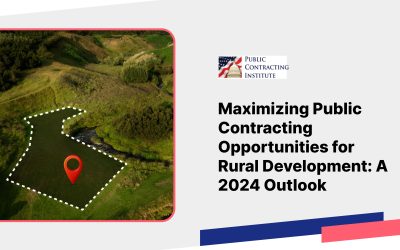Recently, in Tip Top Const., Inc. v. Donahoe, Postmaster Gen., (Fed. Cir. No. 2011-1509, Sept. 19, 2012), the Federal Circuit reiterated its earlier position that although professional fees incurred in connection with prosecution of a Contract Disputes Act (“CDA”) claim are not recoverable, the costs of such professional fees incurred in connection with the administration of a contract are recoverable. What’s the difference?
The Federal Circuit has previously held that there are “three distinct categories” of legal and consultant costs in the cost principles of the FAR: “(1) costs incurred in connection with the work performance of a contract; (2) costs incurred in connection with the administration of a contract; and (3) costs incurred in connection with prosecution of a CDA claim.” Bill Strong Enterprises, Inc. v. Shannon, 49 F. 3d 1541, 1549 (Fed. Cir. 1995). The Federal Circuit held that if a contractor incurs a cost for the genuine purpose of materially furthering the negotiation process, that type of cost should normally be considered an allowable contract administration cost. However, if a contractor’s underlying purpose for incurring a cost is to promote the prosecution of a CDA claim against the government, then such a cost is unallowable. The cost of preparing a request for equitable adjustment has, in some cases, been allowed as a cost incurred for the purpose of furthering negotiations.
In Tip Top, the contractor received a change order under its contract for the renovation of postal facilities in the U.S. Virgin Islands. Tip Top incurred consultant costs and attorneys fees while it was still attempting to further the negotiation process, specifically, to resolve the price of the change order. The negotiations only ended when Tip Top submitted its claim under the CDA. The Court held that Tip Top could recover its legal and consultant fees incurred to the date of submission of the claim as genuine contract administration cost. The Court specifically held that “[c]onsideration of price is a legitimate part of the change order process [which is contract administration].”

